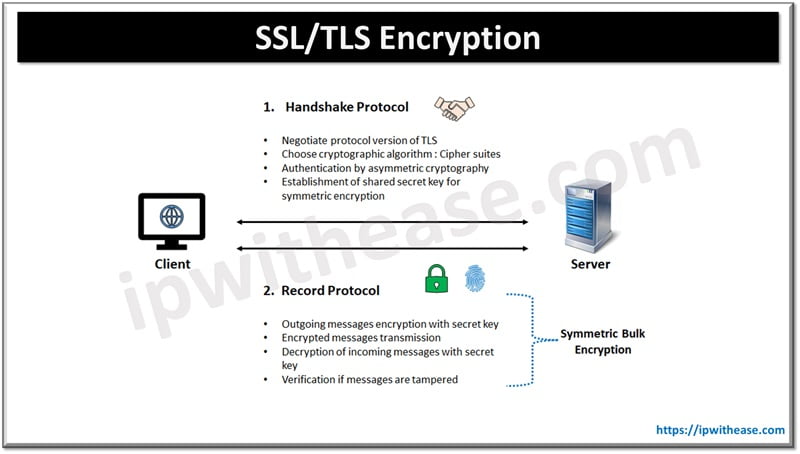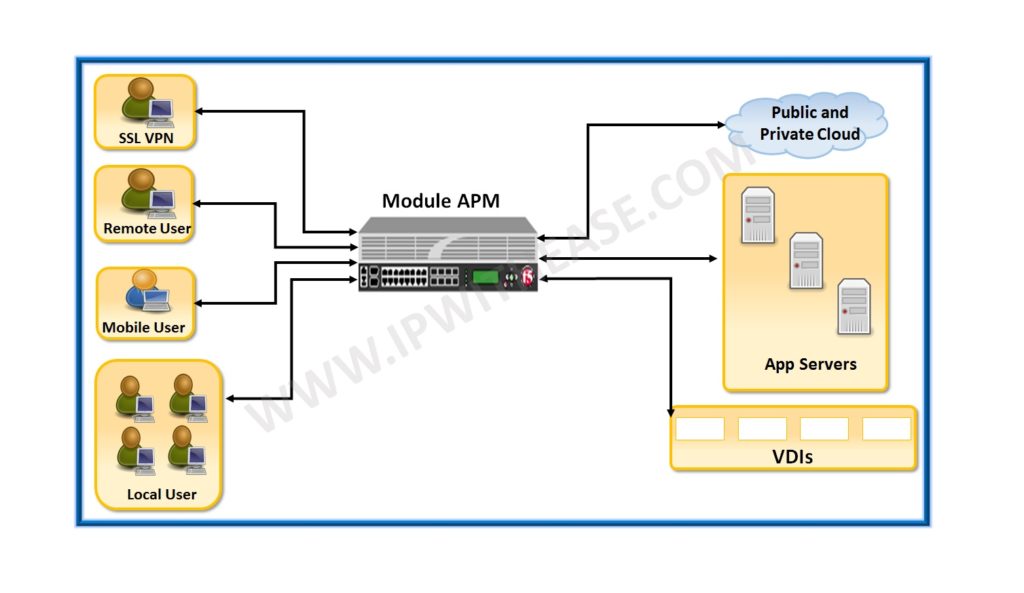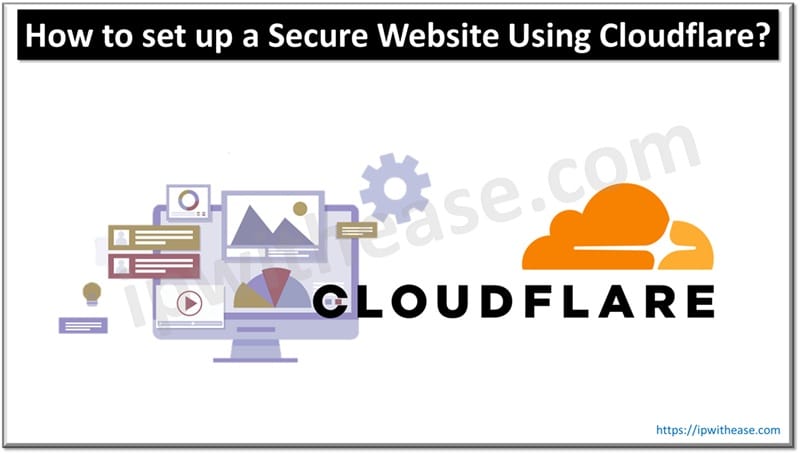The Dangers of Social Media
The internet is an incredible invention that has massively changed the world. 20 years ago no one would ever have imagined that you could jump onto a video call with someone on the other side of the world, move your office around to different countries as you travel, or order food straight to your doorstep without having to speak with anyone over the phone. There’s no doubt that the internet, in combination with some incredible technology has made our lives much easier and more convenient than ever before.

Overall, the internet along with laptops and smartphones has made our lives a lot better. One of the biggest innovations that our modern world has seen is social media — the multi-billion dollar industry that continues to evolve and develop as the years go by. From Facebook to Instagram and even TikTok, these social media platforms have been the talk of the town for anyone with access to the internet. Whether you use it to keep up with your friends and family, post creative content, or read the latest news based on your unique and personal interests, social media has billions of users around the world, and these numbers keep growing.
The problem with social media is that it’s often misused. With so many different users using these platforms, cybercriminals have a huge base of potential victims to target. Unfortunately, social media is becoming more and more dangerous by the day. If you’re not careful, you could fall victim to a devastating cyber attack — far worse than losing your account and the hacker deleting some of your pictures! Keep reading to find out why social media is so dangerous and how you can stay safe online.
Why Social Media is Dangerous
So, what exactly makes social media so dangerous? After all, you mostly chat with your friends and family right? Unfortunately, most people don’t use private accounts on social media, which means that anyone can see anything about you. From your recent posts right down to your personal information like date of birth or the names of your pets.
While most people believe that this information is harmless, these details are gold to a skilled cybercriminal. The problem is that many people use these details to create their passwords — this is known as a weak password. We’re going to explore how to create strong passwords later on. People often use their name or date of birth to create a password because it’s much easier to remember. Hackers know this and they will begin to break into your account using different combinations of the personal information they can find online.
In addition, many accounts have a backup mechanism where you can reset your password by answering a personal question. One of the most frequently used security questions is “what is the name of your favourite pet”. If someone doesn’t have a private account and they post tons of pictures about their favourite pet, that’s a free entry into their account. The cybercriminal can simply reset your password using the information they find on your profile.
But that’s not all! Cybercriminals can still get to you even if your account is hidden from the public, and that’s why the dangers of social media are so far-reaching. The main method that hackers use to launch their attacks is phishing — that’s what we’re diving into next.
Phishing Attacks
If you’re not aware of phishing attacks and how they work then you’re at serious risk. Phishing is extremely common in the online world and it’s the main method that hackers use to steal login credentials or install malicious software on a victim’s device.
Phishing is when a cybercriminal tempts their victim into clicking on an illegitimate link. Once you’ve clicked on the link, one of two things could happen. The first is where malware is installed on the victim’s device in the background. Malware comes in a range of different forms including viruses, spyware, and ransomware.
However, phishing attacks that are much more effective on social media are when the link redirects the victim to a separate web page that requires them to enter login details. This page will be rigged with a keylogger which will copy any keystrokes that the victim types. In other words, this means that anything that the victim types into the website will be copied and given straight to the cybercriminal. This allows them to steal anything from personal information to login credentials, and even credit card details — all depending on what you need to type into the website.
The reason why this tactic has become so effective is because of social engineering. Many social media accounts and pages are running constant giveaways where you can be entered if you create an account with them or enter some details. Hackers can target you with fake giveaways based on your interests (whether it’s a sports event, a concert, or a fashion item), and they can ask their victims to enter any information they want — such as your login credentials for example.
Keeping Your Accounts Secure
The main problem that people face today is that they often use weak passwords as we discussed earlier. But they also tend to use the same password for multiple accounts. So, when one of your accounts has been hacked, there is a chance that cybercriminals can break into your other accounts using the same login credentials — that’s why it’s critical to use a unique password for every account that you create.
You also need to make sure to create strong passwords that are made up of a collection of random letters, symbols, and numbers that do not relate to any of your personal information. The main problem with strong and unique passwords is that they are impossible to remember.
That’s why you need a premium password manager. Password managers are secure virtual vaults that can store all of your login credentials securely out of harm’s way. This vault is locked with a randomly generated master key that only you have access to. As long as you keep this master key safe, all of your login credentials are in good hands.
Continue Reading:
How to Protect Your Youtube Account from Hackers?
Security Risks of Using Open Source Solutions
ABOUT THE AUTHOR
IPwithease is aimed at sharing knowledge across varied domains like Network, Security, Virtualization, Software, Wireless, etc.



